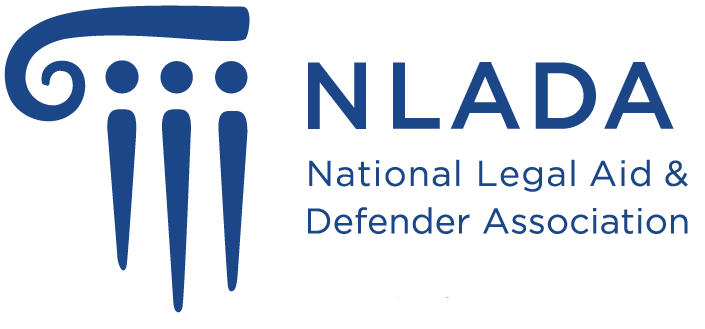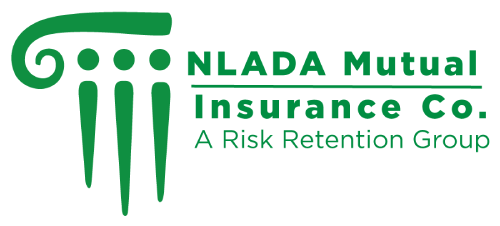This announcement solicits applications for the Rural Health Opioid Program (RHOP). The purpose of RHOP is to promote rural health care services outreach by expanding the delivery of opioid related health care services to rural communities. The program will reduce the morbidity and mortality related to opioid overdoses in rural communities through the development of broad community consortiums to prepare individuals with opioid-use disorder (OUD) to start treatment, implement care coordination practices to organize patient care activities,[1] and support individuals in recovery through the enhancement of behavioral counselling[2] and peer support activities.[3] This program will bring together health care providers (i.e. local health departments, hospitals, primary care practices, and substance abuse treatment providers) and entities such as social service and faith-based organizations, law enforcement, and other community-based groups to respond multifaceted to the opioid epidemic in a rural community. The consortium must include at least three (3) health care providers. The program supports three (3) years of funding. This program incorporates a range of objectives to respond comprehensively to the opioid crisis within rural communities. Consortiums will work towards identifying individuals at-risk of overdose and guide them towards recovery by providing outreach and education on locally available treatment options and support services. Educating community members on OUD is also a critical component of responding to the opioid epidemic, which incorporates education on OUD, treatment options, methods for preparing individuals with OUD for treatment, referring individuals with OUD to treatment, and how to best support individuals in recovery. Consortiums are encouraged to implement care coordination practices to organize patient care activities. Finally, consortiums are further encouraged to support individuals in recovery by establishing new or enhancing existing behavioral counselling and peer support activities. [1] SAMHSA’s Working Definition of Recovery provides guiding principles and is available at http://store.samhsa.gov/product/SAMHSA-s-Working-Definition-of-Recovery/.... [2] https://www.samhsa.gov/treatment/substance-use-disorders [3] What Are Peer Recovery Support Services? http://store.samhsa.gov/shin/content//SMA09-4454/SMA09-4454.pdf
To be eligible to receive a grant under Section 330A of the Public Health Service Act (42 U.S.C. 254c), an entity must: be a rural public or rural non-profit private entity represent a consortium composed of members members must include 3 or more health care providers members may be nonprofit or for-profit entities not have previously received a grant under this subsection for the same or a similar project, unless the entity is proposing to expand the scope of the project or the area that will be served through the project. Any state, public, or private entity may apply for this funding opportunity, assuming they meet the RHOP requirements. This includes faith-based and community-based organizations as well as federally recognized tribes and tribal organizations.

